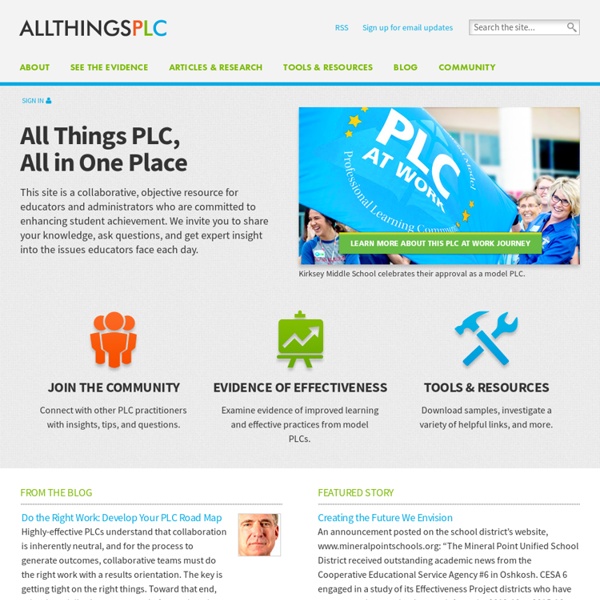



Atlantis Remixed Transformational play involves the use of virtual worlds to help people learn and grow in a context where they can fail safely. Theory At its core, transformational play is a learning and empowerment philosophy that is grounded in the belief that each one of us is capable of, wants to, and deserves to achieve, great things. Unlike any other form of curriculum, these games offer entire worlds in which learners are central, important participants; a place where the actions of a ten-year old can have significant impact on the world; and a place in which what you know is directly related to what you are able to do and, ultimately, who you become. The theory highlights relations among the three interconnected elements of person with intentionality, content with legitimacy, and context with consequentiality. Research Manuscript (PDF) Teacher Manuscript (PDF) Engine Key features of the 3D engine include: Key features of the facilitator dashboard include: Key Game Mechanics: Projects The Doctors Cure
Welcome to Dylan Wiliam’s website Professional development Finally! The revised Embedding formative assessment pack for schools and colleges to run their own two-year professional development programme on formative assessment is now available worldwide. In Europe, this can be ordered through SSAT, in Australasia through Hawker-Brownlow, and in North America from Learning Sciences International. Also, a series of high-quality video presentations by Dylan Wiliam, with a total running time of over two and a half hours, is now available world-wide. Institute for Democratic Education in America | IDEA Classroom 2.0 The Best Web 2.0 Applications For Education In 2011 — So Far I usually just do a year-end list on Web 2.0 Applications For Education and many other topics, but it gets a little crazy having to review all of my zillion posts at once. So, to make it easier for me — and perhaps, to make it a little more useful to readers — I’m going to start publishing mid-year lists, too. These won’t be ranked, unlike my year-end “The Best…” lists, and just because a site appears on a mid-year list doesn’t guarantee it will be included in an end-of-the-year one. As usual, in order to make this list, a site had to be: * accessible to English Language Learners and non-tech savvy users. * free-of-charge. * appropriate for classroom use. * completely browser-based with no download required. It’s possible that a few of these sites began in 2010, but, if so, I’m including them in this list because they were “new to me” in 2011. You might want to visit previous editions: The Best Web 2.0 Applications For Education — 2010 The Best Web 2.0 Applications For Education — 2009
The Big Four - Get connected to the best resources for The Big Four Library 2.0 - the future of libraries in the digital age Congreso TIC Encuentro Tijuana